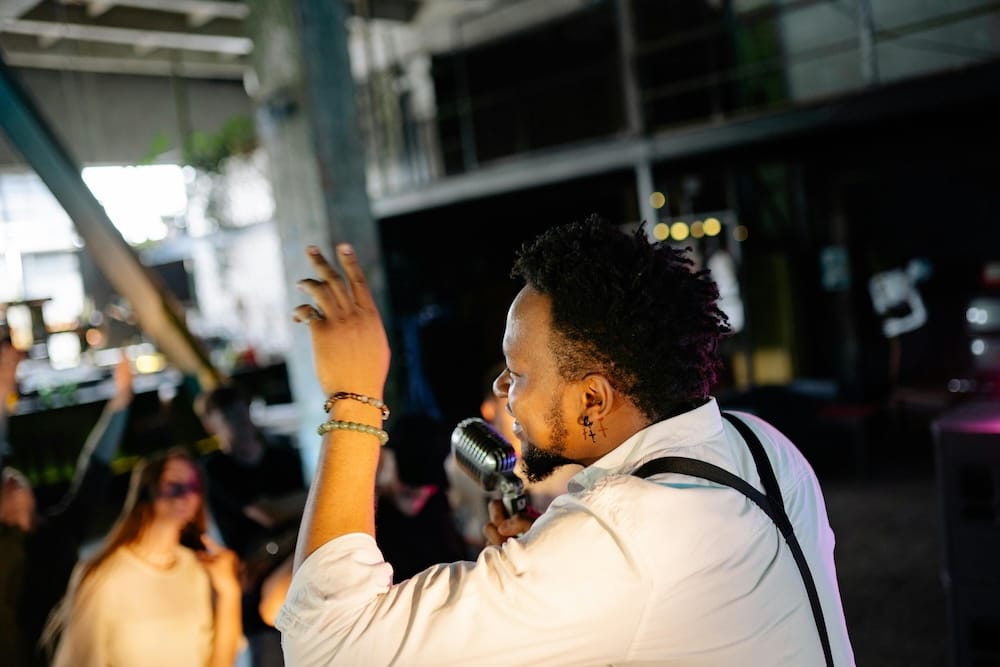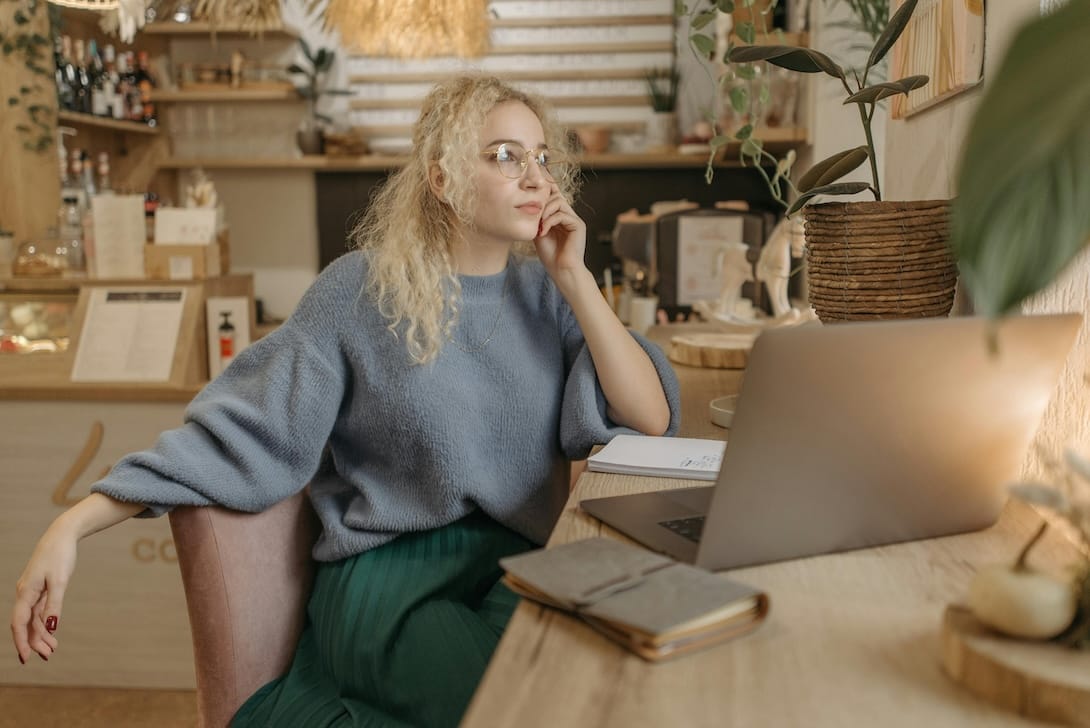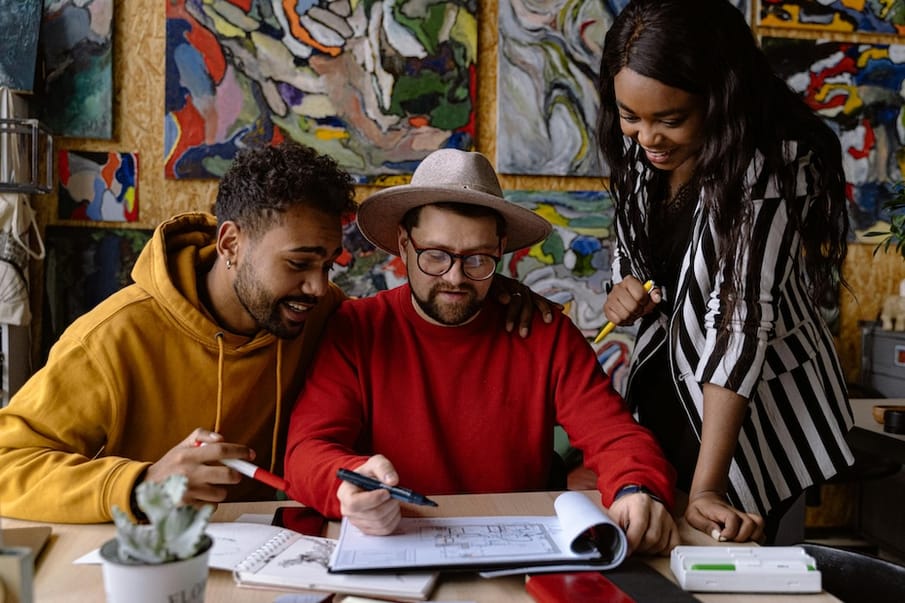Sharing your creative work can be daunting, but it's highly beneficial. If you're hesitant about doing so, read this
You’ve spent the afternoon scribbling away in your notebook, or composing a song on your guitar, and are really proud of what you’ve created. While part of you is excited to share this with someone else, you also feel unsure about taking that step. What if they don’t get it? What if they’re overly critical? What if it’s no good?
Sharing our creative work can bring up a mix of emotions. Although I’ve been a professional writer for a while, I still get nervous before I press ‘send’ when submitting an article, entering a story into a competition, or reading a poem to a friend. But I’m also so glad that I feel able to share, because there are so many benefits – as I found out when I asked counsellor and author Kirsten McKenzie why sharing our creative work can be a good idea.
“Engaging in creative work in isolation may be pleasant and valuable for its own sake, but as author Anne Lamott says: ‘We are social animals… You wouldn’t spend a month on an oil painting and then mummify it,’” says Kirsten.
“Sharing creative work can be beneficial in many ways,” she adds. “It allows us to express our thoughts and feelings to others, to receive feedback, and to join a wider creative conversation. Ultimately, however, to share our creative output is to feel connected to others, and to foster a sense of shared experience – what Kristin Neff calls ‘common humanity’.”
It can feel validating to have someone experience something you’ve created. I find it satisfying to know that other people read what I’ve spent hours crafting, especially when I get positive feedback. If you share in a creative environment – whether an open mic night or a craft group – you can feel part of a community.

Why is it so nerve-racking?
Of course, sharing can be scary – and that’s normal. “Creative work often finds its source in a more unconscious, childlike part of ourselves – one that is less constrained by external judgement,” explains Kirsten. “As a result, sharing that work is risky, because it places us back into the real, social world, where criticism and ‘conditions of worth’ become a possibility. We are baring our souls, making ourselves vulnerable. This triggers our need for attachment, for unconditional acceptance. In sharing creative work, just as when we share our feelings, we risk being rejected, and being unable to tolerate the difficult feelings that follow.”
Being a perfectionist can also make it challenging. “Perfectionism is our desperate attempt to avoid that rejection, to avoid opening past wounds,” Kirsten tells me. “We all experience perfectionism at times – it is our mind’s way of trying to protect us from harm. It is the creative version of people-pleasing, where instead of being our true authentic selves, we continually mould ourselves into what we think others may want.
“We become the classic ‘conditioned child’, living in fear of the judgement of the ‘critical parent’ within. In doing so, however, we miss the chance to form deep, authentic connections. As Julia Cameron says in her groundbreaking book on creativity, The Artist’s Way, ‘We correct our originality into a uniformity that lacks passion and spontaneity.’ Perfectionism is the enemy of both creativity and connection.”
Sharing your work
It can take a while to gain the courage to share your work. I find it helpful to remember that there is nothing to lose by putting myself out there – and, often, good things can come of it.
“I believe a self-compassionate approach is very important when beginning to share work, just as when sharing emotions,” says Kirsten. “Where possible, start with people you trust, who will provide feedback in a constructive and compassionate way. When this does not happen, use self-compassionate resources to nurture yourself.”
Creative work can feel very personal, especially if what we’ve made relates to our life, feelings, or experiences, so it’s understandable to feel a little vulnerable in sharing this.
“Remember that even though your work is an expression of who you are, it is not you,” emphasises Kirsten. “Any feedback you receive is of the work, not of yourself, and you control whether, and to what extent, you choose to accept it.”

It’s also good to remember that feedback is subjective. “The important thing is to use feedback to help your work become a better expression of who you are, rather than changing it to fit what others may like,” Kirsten says. Feedback can be helpful – we all have room to grow. Sometimes it can help to give yourself time to digest feedback, as it can allow you to see it with less emotion.
Facing any kind of rejection can be painful, even for those of us who’ve been doing this for a while, but it’s a normal part of being a creative. Although I have some successes to shout about, I continually face rejection – and, honestly, it does get easier to deal with. I remind myself that if I didn’t send out any ideas, I wouldn’t have any successes to count: rejection is part of the parcel.
And when you do share, the joy it brings can be so wonderful. Congratulate yourself for having the courage to put yourself out there, and be proud of what you’ve created. As Kirsten says: “Remind yourself that by finding the courage to share, you are connecting with others more deeply, and somewhere there will be someone whose life will be enriched by the unique contribution only you can make – this is why we create.”


Comments